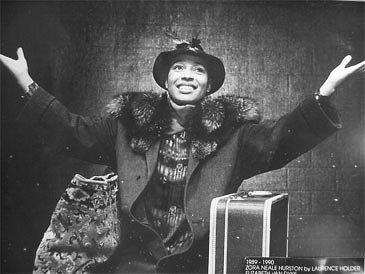

Earlier this month the College Board removed a few writers, ideas, and subjects from its AP African American Studies course. The Board removed lessons on Black queer studies, intersectionality, the Black Lives Matter Movement, Black feminist literary thought, the reparations movement, and the “Black struggle” in the 21st century. A representative of the College Board insisted that the changes had nothing to do with Florida governor Ron DeSantis’s refusal to let the state’s high schools teach the course: ““we can’t look to statements of political leaders,” representative David Coleman said. The change came, he said, as a result of “the input of professors” and “longstanding A.P. principles.”
Over at The New York Times, Columbia University’s John McWhorter supports the changes:
I’d like to make clear that I disapprove of the vast majority of DeSantis’s culture warrior agenda, a ham-handed set of plans designed to stir up a G.O.P. base in thrall to unreflective figures such as Representative Marjorie Taylor Greene. If DeSantis runs for president, he will not get my vote.
However, even a stopped clock is right twice a day, and in terms of how we tell the story of Black America, the board did the right thing, whether because of DeSantis’s threat or for more high-minded reasons. The take that I saw in the course’s original draft depicted the history of Black America over the past several decades as an unbroken stream of left protest against a seemingly unchanging racist hegemon. There is certainly drama in the procession. The Black Panthers, the Black arts movement, Black studies departments, Black Lives Matter. Incarceration, reparations and Black struggle. Amiri Baraka, Molefi Kete Asante, Manning Marable (all notably left-leaning writers). But Black history has been ever so much more than protest and professional pessimism; note how hard it is to imagine any other group of people whose history is written with this flavor so dominant.
This is not education but advocacy. And in no sense does racism mean that the difference has no meaning. The key issue is the difference between opinions that are considered and debated and opinions that are mostly uncontested and perhaps considered uncontestable — essentially opinions that are treated as if they were facts.
Of course, it is possible to teach about opinions rather than facts. When that is properly done, the opinions are presented along with intelligent counterproposals. Given that Black conservatives — or skeptics of progressive narratives often processed as mainstream after the late 1960s — were nowhere to be found in the A.P. curriculum (except for Booker T. Washington, who has been dead for over a hundred years, and Zora Neale Hurston, whose conservatism is all too often downplayed), it is reasonable to assume that opinions from the left were going to be presented with little or no meaningful challenge.
Read the rest here.
Robin D.G. Kelley, whose work was removed from the course, discusses the change at NPR. Listen here.